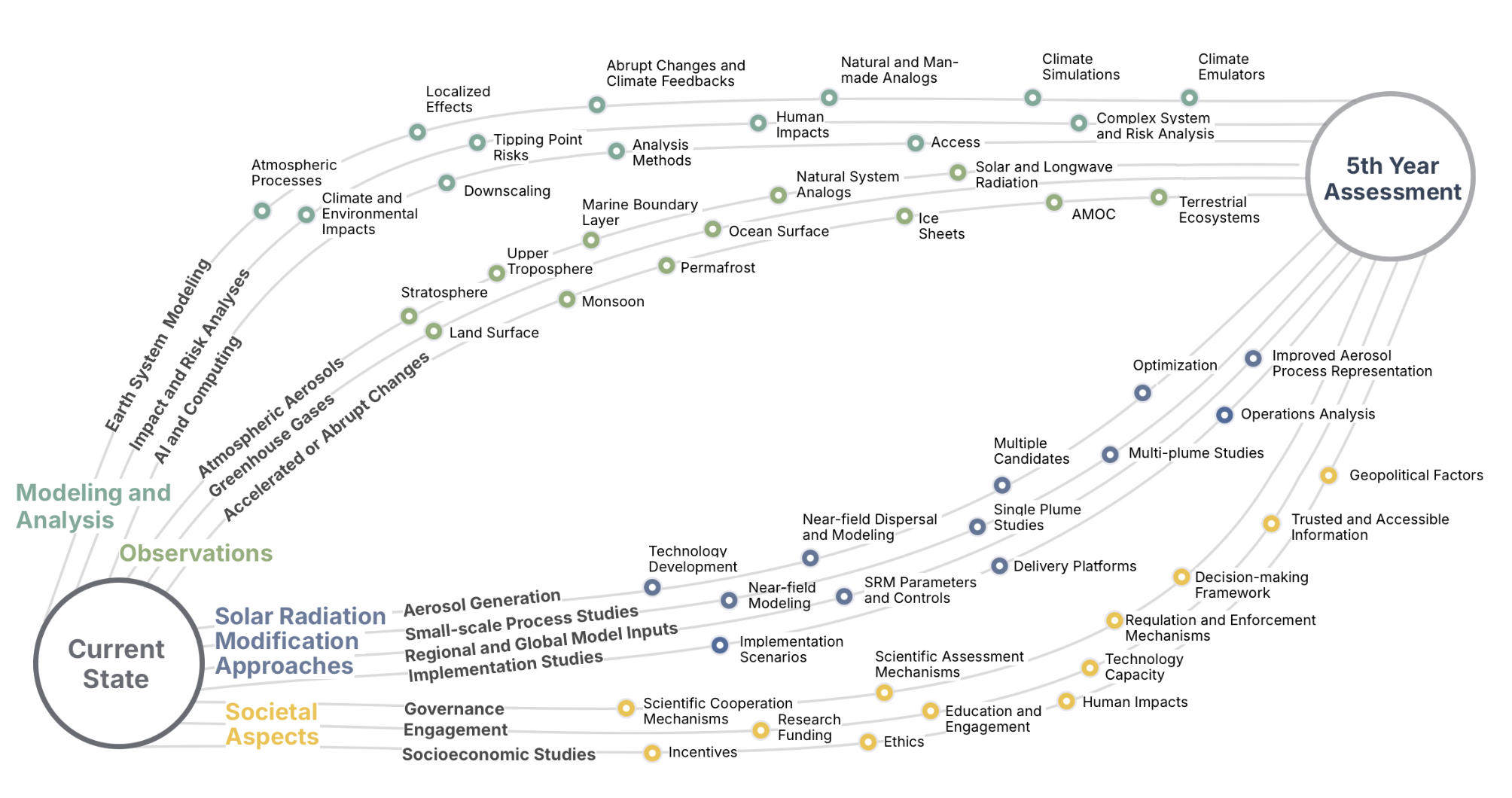
Insights
Featured

Cooling credits: Sold as a “cool” solution to climate change, buyers (and everyone) should beware
Carbon credits have come under fire recently, as regulators, analysts and media take a closer look to see if and how well these credits represent actual benefits for climate.

The SilverLining Spotlight - March 24, 2023
We hope you’re having a wonderful start to spring. Climate intervention conversations have accelerated this year and this trend is on track to continue.
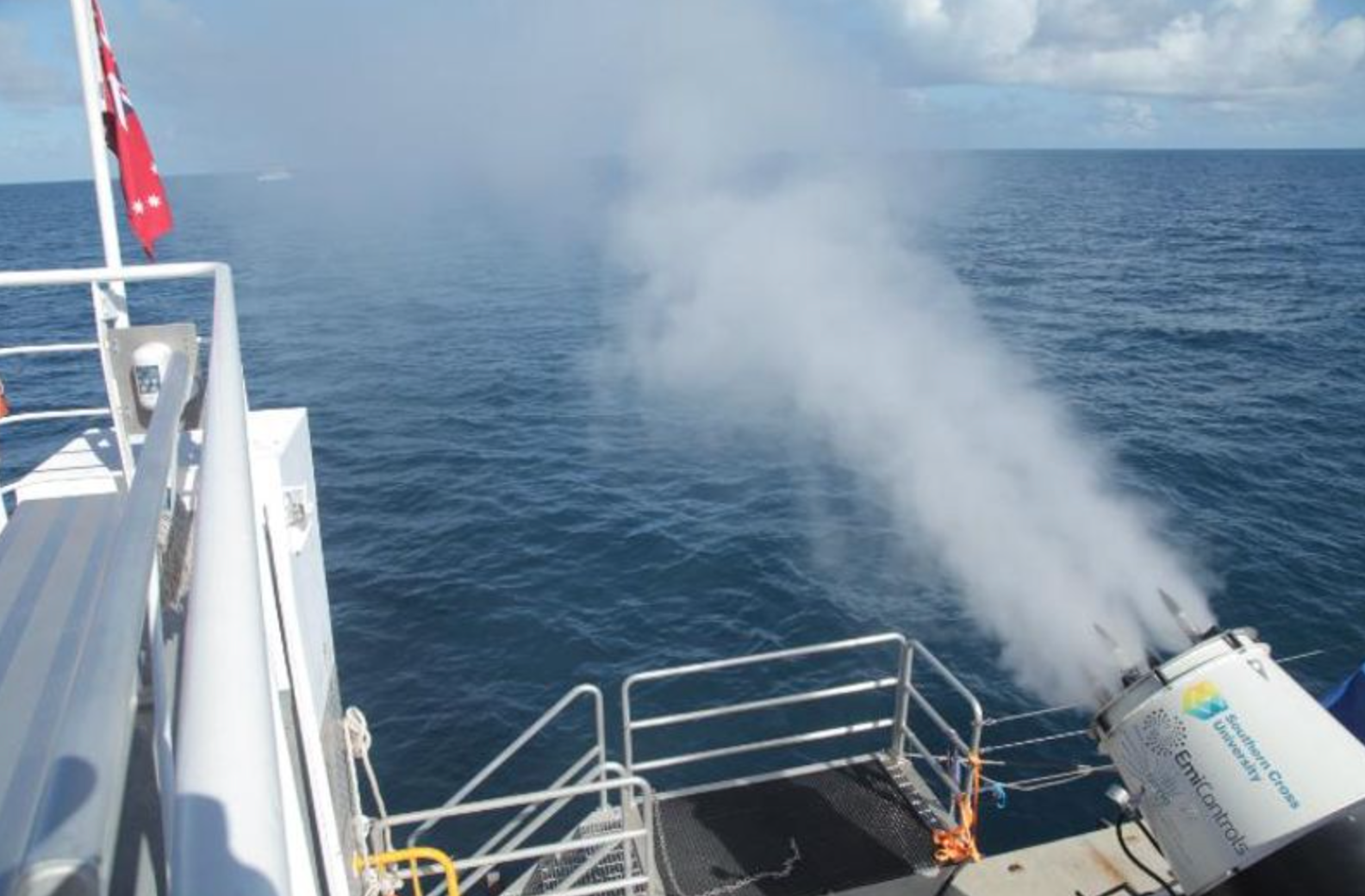
Scientific research is key to tackling the climate crisis.
Lhe leaders of Latin America meet this week (February 28 – March 2) in Punta del Este, Uruguay to participate in the VIII Regional Platform of the UNDRR (United Nations Office for Disaster Risk Reduction).
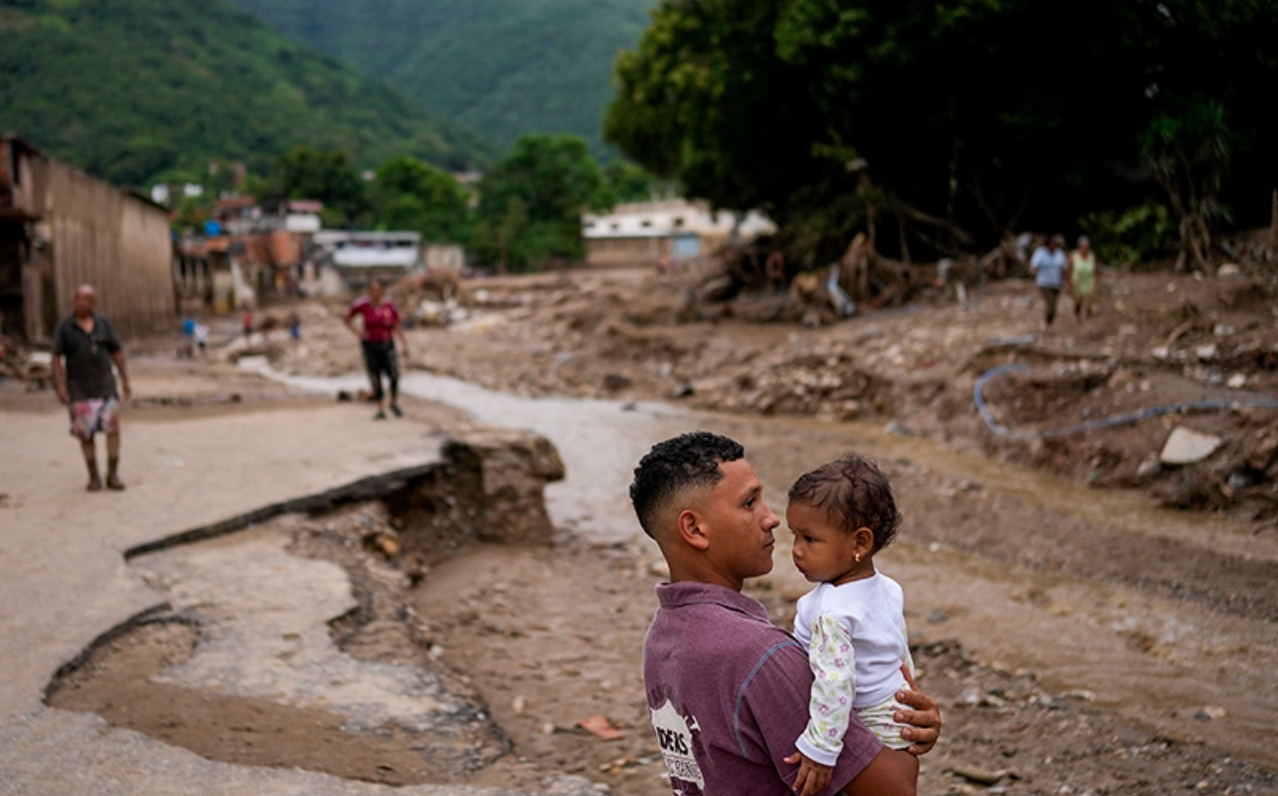
Climate intervention research: An insurance policy for near-term climate risks
Climate change is one of the most critical challenges facing humanity. It currently presents an overwhelming disaster risk for which we currently lack sufficient responses.
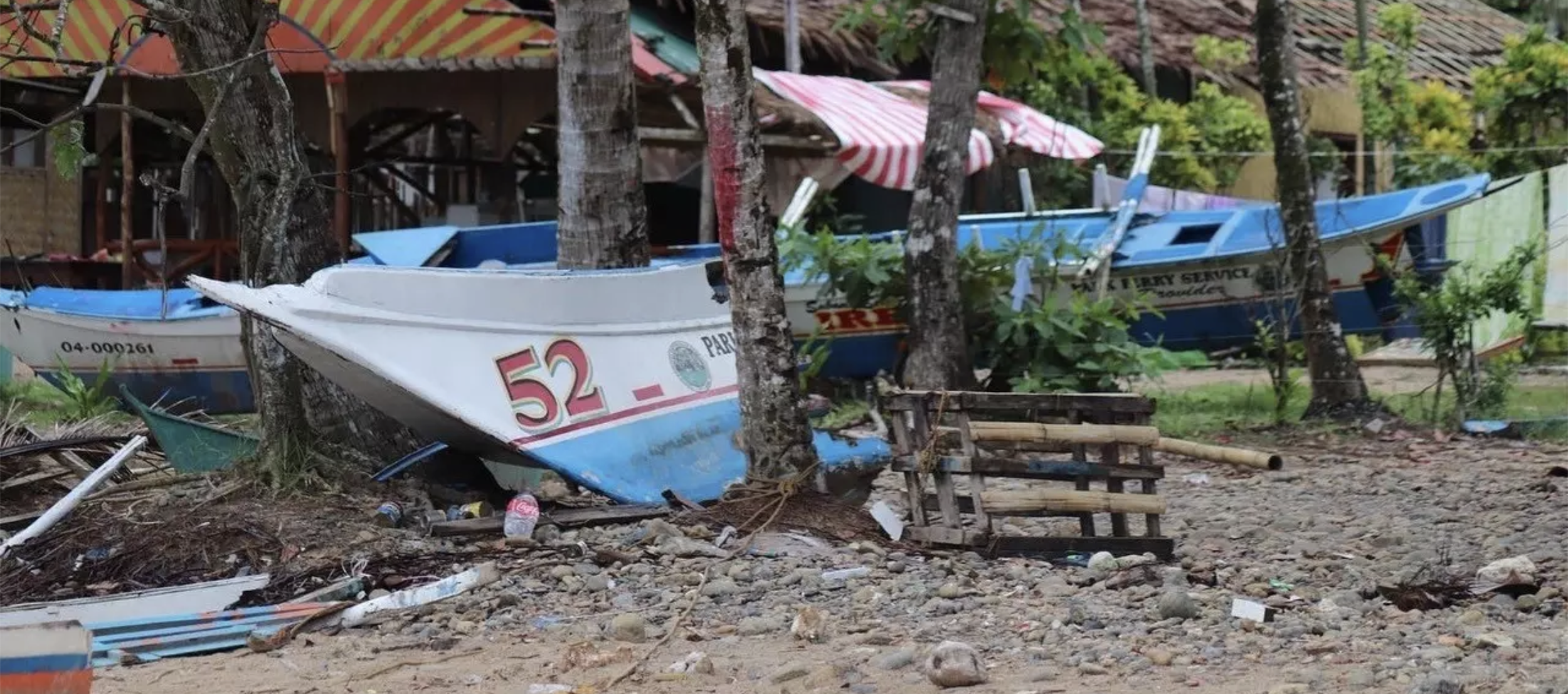
Climate intervention: an option for Global South to reduce near-term climate risk?
With nearly 36.3 billion tonnes of CO2 estimated to have been released into the atmosphere in 2021 alone, it came as no surprise the Intergovernmental Panel on Climate Change’s latest synthesis report on climate science projected that the earth’s surface temperature will increase over the current century under all assessed emission scenarios.

Beyond “Geoengineering” to Emergency Medicine for Climate
Sixty years ago, President Lyndon Johnson’s Science Advisory Committee sent him a report on restoring the quality of our environment. It projected – with remarkable accuracy – the effects of rising carbon dioxide levels in the atmosphere.

Reflecting Sunlight Could Ensure Human Safety on a Warming Planet
Earth has a 50-50 chance of warming 1.5 degrees Celsius above pre-industrial levels in the next five years, according to a new report from the World Meteorological Organization.

Council on Foreign Relations: Reflecting Sunlight to Reduce Climate Risk: Priorities for Research and Global Cooperation
As you may have seen in the news, the U.N. Office for Disaster Risk Reduction’s recent global assessment report found that human activity is driving an increase in medium- to large-scale disasters, many of which are fueled by climate.

Council on Foreign Relations: The Growing Risk of Climate "Tipping Points" (Scientific Evidence and Policy Responses)
As you may have seen in the news, recent studies indicate a heightened risk that major natural systems are approaching thresholds for rapid, potentially irreversible changes with catastrophic impacts on people and climate.
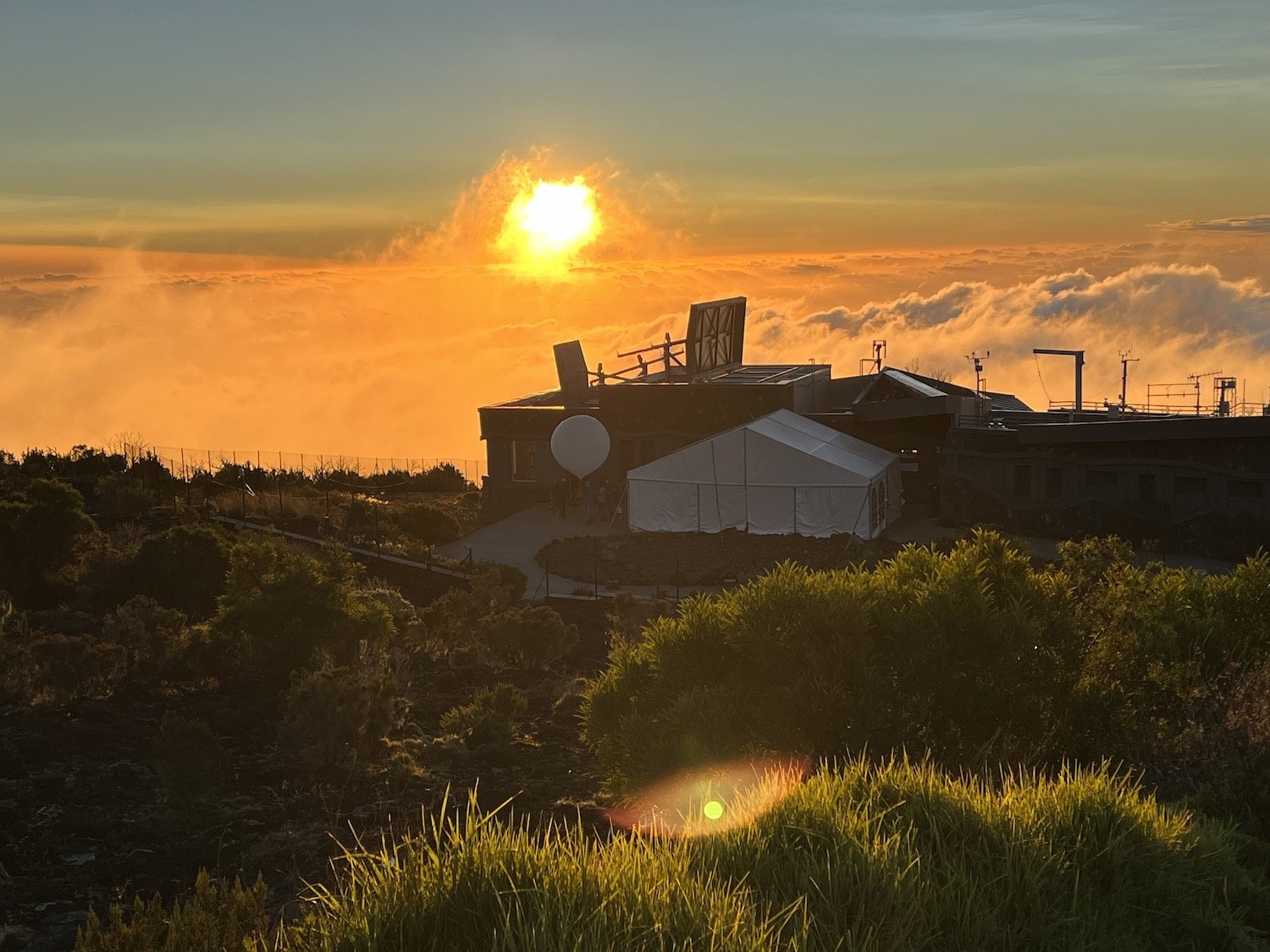
Rapid Response Campaign for Observations of Tonga Volcano Emissions
The recent eruption of the Hunga volcano in Tonga is a rare volcanic event in which material was projected high into the atmosphere in a way that serves as a natural experiment for understanding the primary processes and effects of material released into the upper atmosphere (the stratosphere).
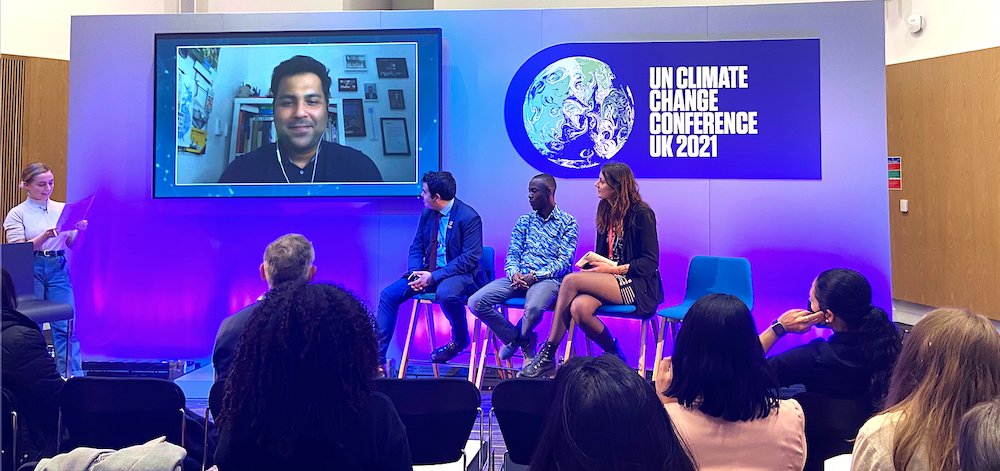
Youth Climate Leaders Talk on Climate Intervention
In the immediate aftermath of COP26, it was easy to feel dismayed about the outcome. Across the news and social media, there was a tangible sense of anger by many at the shortcomings within the new agreement.
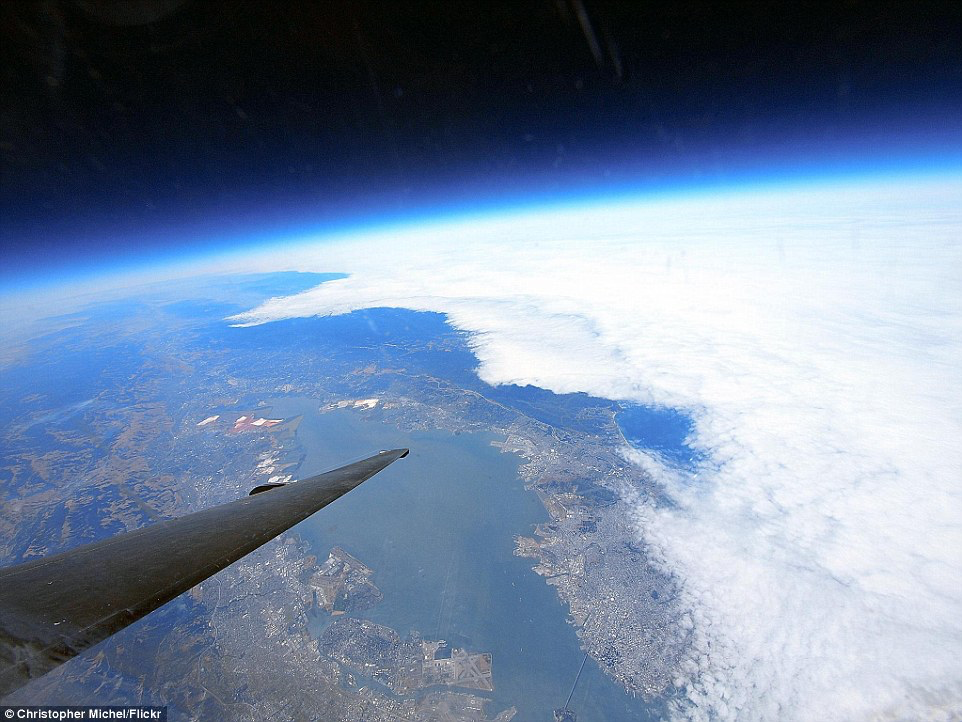
Statement on the Biden Administration’s Plan to Develop a Next-Gen Satellite Climate Observing System
Statement of SilverLining’s Executive Director Kelly Wanser on the Biden Administration’s plan to develop a next-generation satellite observing system at NASA to help understand and track how climate change is impacting communities.

Perspectives on NAS Report Recommending a Federal Research Program on Sunlight Reflection
The U.S. National Academy of Sciences recently published a new report, "Developing a Research Agenda and Research Governance Approaches for Climate Intervention Strategies that Reflect Sunlight to Cool Earth," in which it recommended a robust, interdisciplinary, multi-agency research program for the United States alongside cooperative international efforts.

NASEM Recommends a Federal Research Program on Climate Intervention: What does it mean?
In our escalating climate emergency, research on approaches that influence natural processes to rapidly reduce greenhouse gases or warming in the atmosphere (sometimes called "climate intervention" or "geoengineering") has become more important, perhaps critically so.
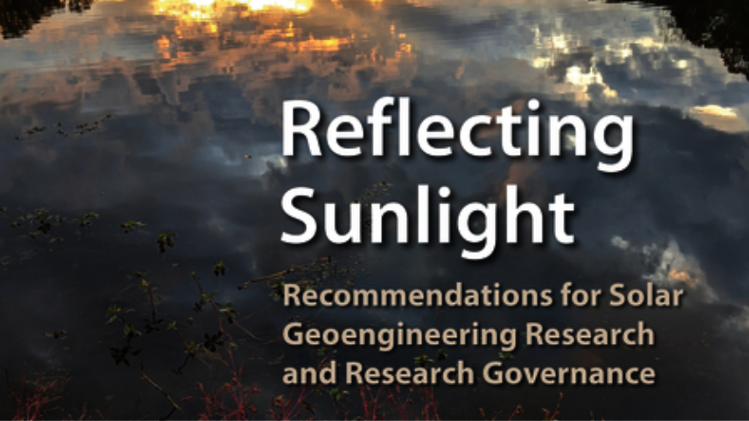
Summary: NASEM Report on Developing a Research Agenda and Examining Governance Approaches for Climate Intervention
On March 25, 2021, the National Academies of Sciences, Engineering, and Medicine (NASEM) published Developing a Research Agenda and Research Governance Approaches for Climate Intervention Strategies that Reflect Sunlight to Cool Earth, a long-awaited report that SilverLining played a role in bringing to bear. You can read SilverLining's statement on the report here.

Statement on NASEM Report on Developing a Research Agenda and Examining Governance Approaches for Climate Intervention
Today, SilverLining issued the following statement on the release of the National Academies of Sciences, Engineering, and Medicine (NASEM) report on developing a research agenda and researching governance approaches for climate intervention strategies that reflect sunlight to cool Earth.

Takeaways From The National Academy of Sciences Recommendations for USGCRP
This week, the National Academies of Sciences, Engineering, and Math (NASEM) released an important report on the path forward for climate research in the United States, "Global Change Research Needs and Opportunities for 2022-2031."
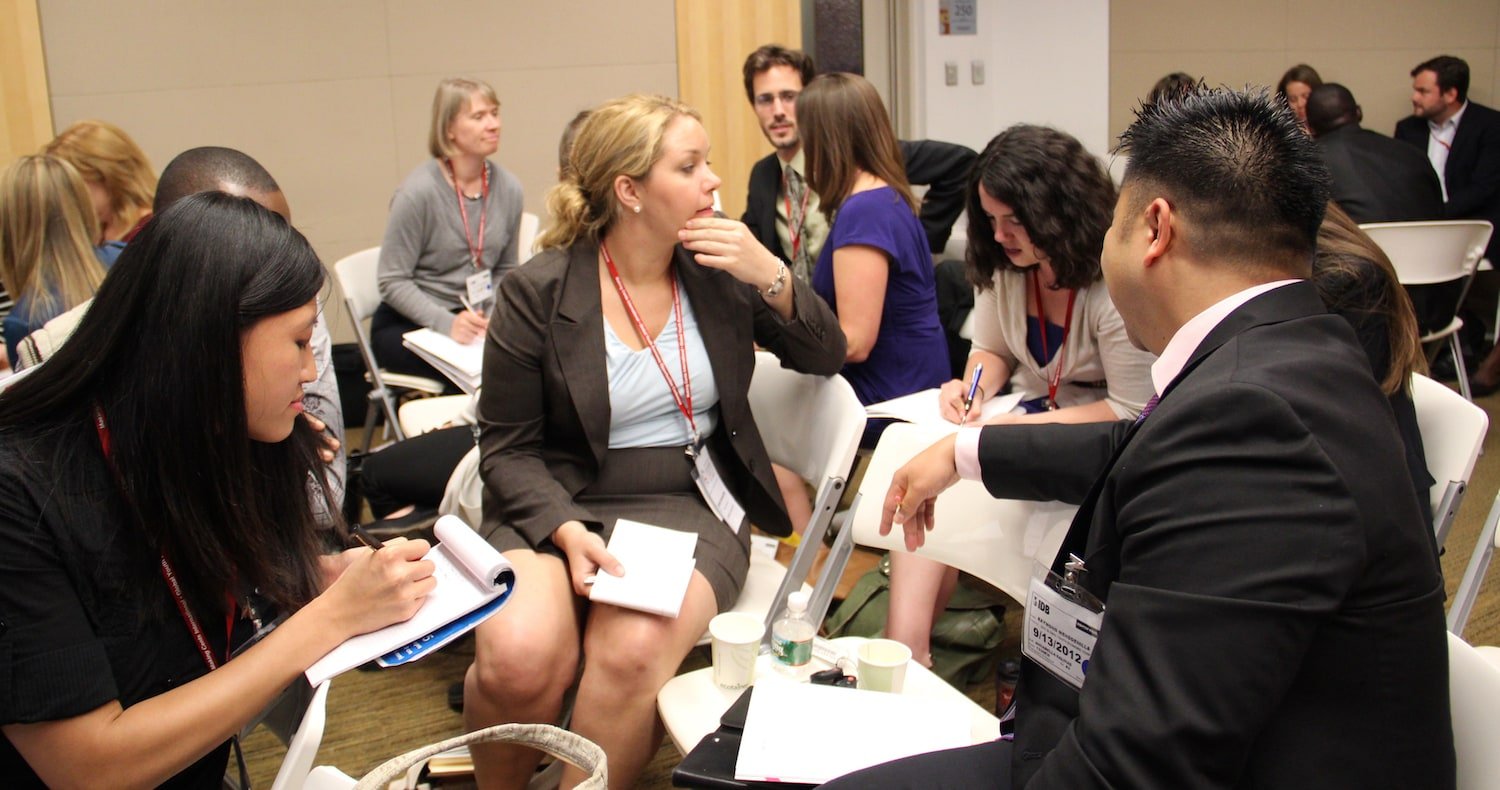
Youth Voices are Critical to the Climate Dialogue
Many people make appeals for climate action based on the welfare of their "future grandchildren." While powerful, the allusion to distant generations can be misleading—climate change is already shaping the lives of today's young people.

Biden Administration Nominees Need to Tell Congress How They Will Handle Near-Term Climate Risk
The Biden administration has emphasized its intention to address climate change across federal agencies via transparent, science-based decision-making.

What Bill Gates Has to Say About Climate Intervention in His New Book: "How To Avoid A Climate Disaster"
As I was reading through Bill Gates' new book, How to Avoid a Climate Disaster, over the past week, I was encouraged by his interest in the potential of climate intervention as means to address near-term climate risks, avoid a major climate catastrophe, and protect vulnerable populations worldwide.

